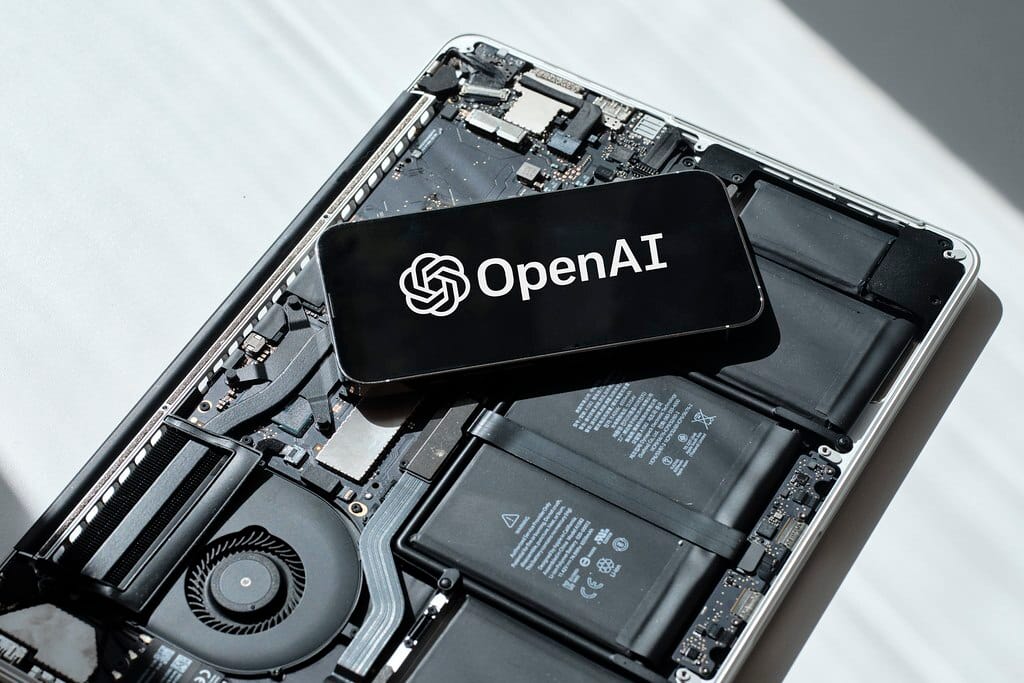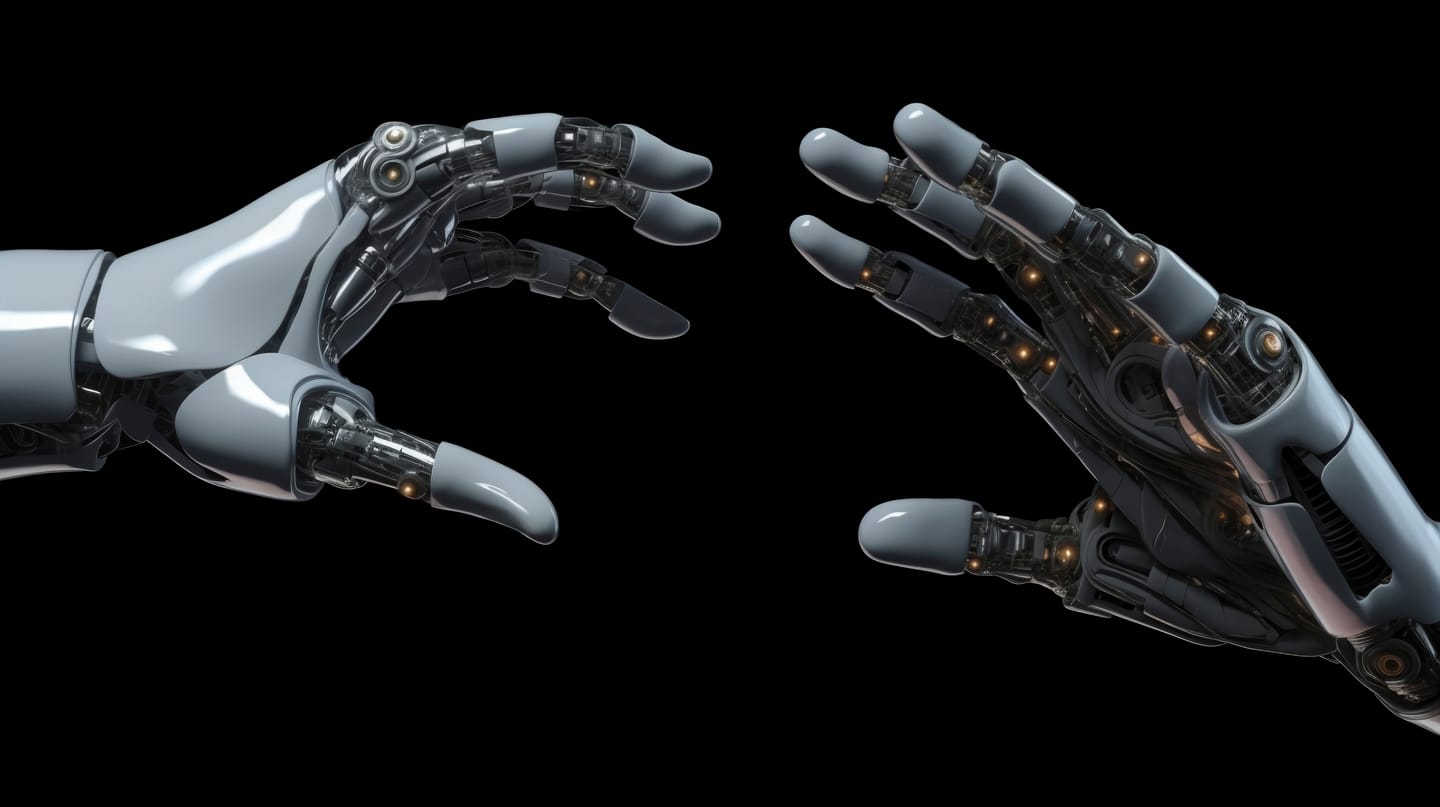Perplexity Study Reveals AI Agents Primarily Used for Productivity and Learning
Perplexity and Harvard researchers have published the first large-scale study examining real-world AI agent usage, analysing hundreds of millions of queries from Perplexity AI's browser and digital assistant, Comet, which launched in July 2025. The research found that 36 per cent of all tasks assigned to AI agents














